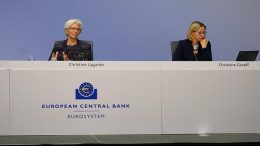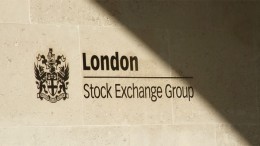Sweden And Norway Are Moving Toward A Cash-Free Society
The payment market in Sweden and Norway is being digitized. To give an international comparison, the cash in circulation as a percentage of GDP variable is used as a proxy for the demand for cash. In 2018, the cash in these two economies was equivalent to 1.3% and 1.5% of their GDP, respectively. In contrast, in the United States and the Eurozone, this variable was at 8.2% and 10.9%, respectively.










